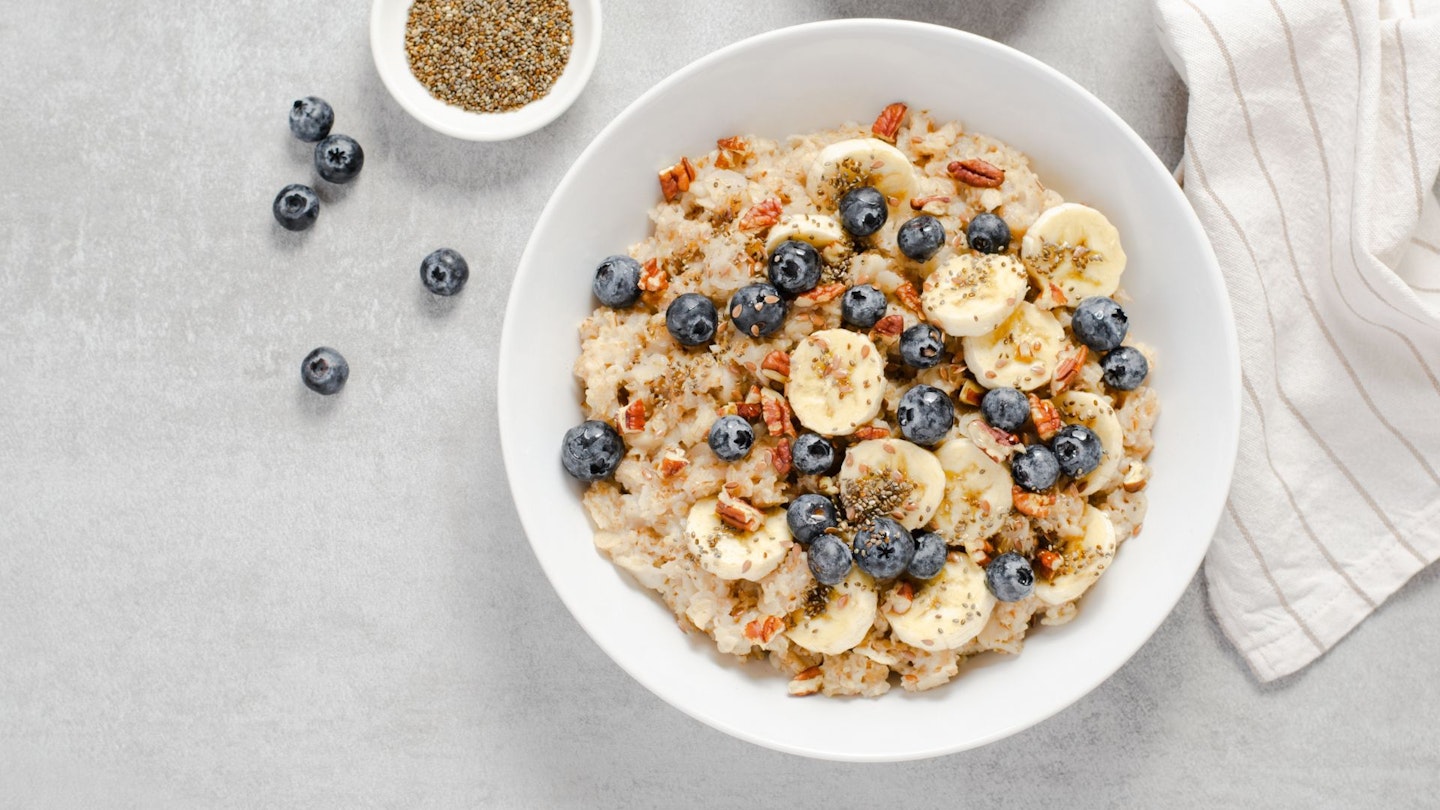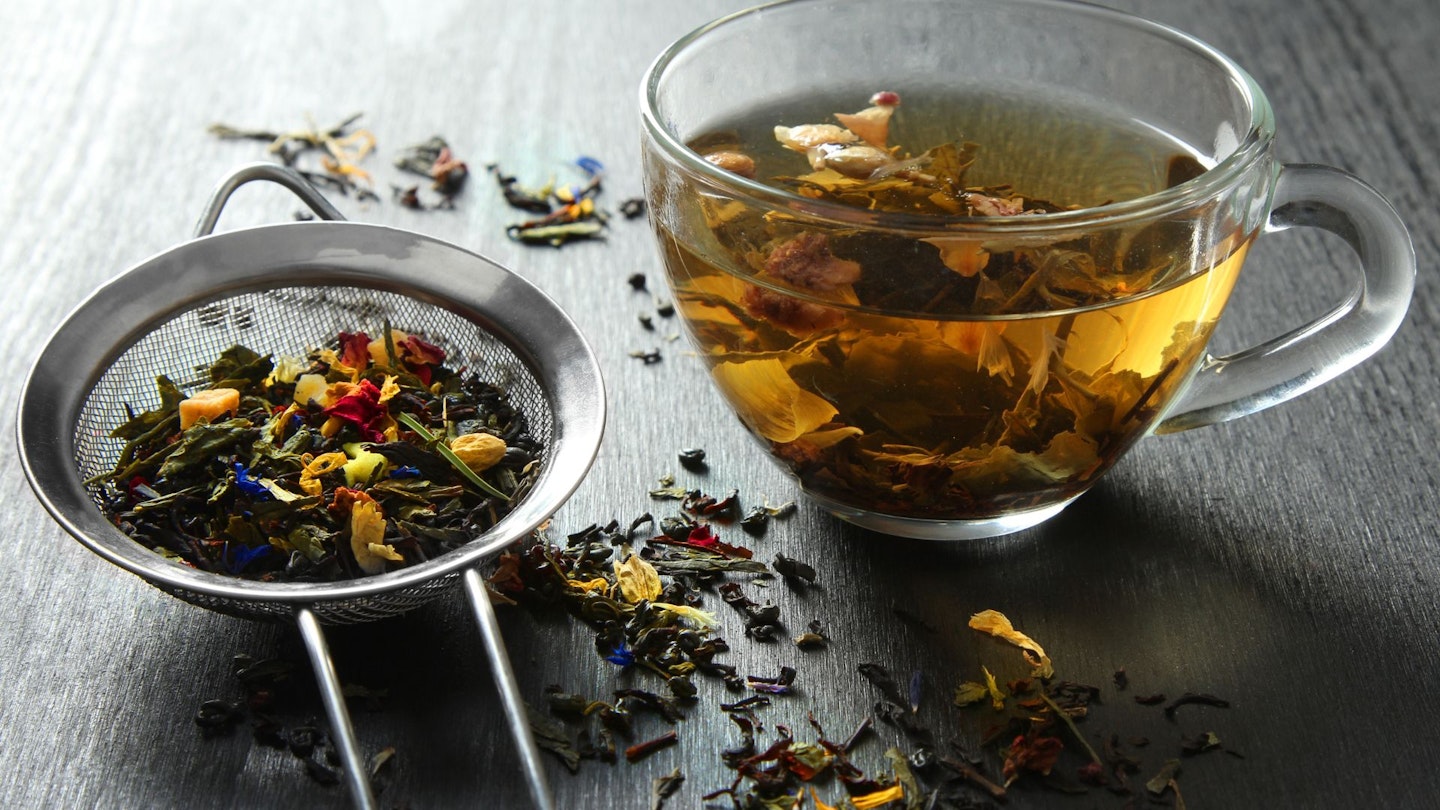Psychotherapist Gin Lalli and registered nutritionist Thalia Pellegrini give solution-focused tips on how to stress less and protect your heart and mind.
We all know that stress doesn’t make us feel good, and too much of it can be bad for your health. But sometimes it feels inevitable. In fact, the number one cause of stress is worrying about health – our own or that of a loved one – and sadly, if you’re struggling with a health condition, staying positive can be a challenge.
However, while there are some things you can’t control, there are still lots of practical things you can do to ease your mind and, as an added bonus, help keep your heart healthy as well. Read on for science-backed tips to stay calm and feel better.
Eat a nutritious diet
We know eating well boosts our health and reduces our risk of disease, but your diet can also impact stress levels. Nutritionist Thalia Pellegrini explains: “Foods to avoid or keep to a minimum are processed foods, and refined carbohydrates and sugars such as white bread, cakes and biscuits. These can spike blood sugar which can cause an increase in stress hormones. They can also cause inflammation, which in turn can increase the risk of mood disorders such as anxiety and depression.
“Instead, enjoy complex carbohydrates which are better for our blood sugar and may boost levels of the ‘happy hormone’ serotonin. Think sweet potatoes, potatoes, oats and brown rice.
“Include foods rich in Omega 3 (oily fish, nuts and seeds) a few times a week, they are essential for making hormones that regulate inflammation.” The Omega-3 in oily fish has also been shown to lower your risk of cardiovascular disease. “Add ground flaxseed and chia seeds to porridge or Greek yoghurt for breakfast. A Vitamin C-rich fruit on top may help lower levels of the stress hormone cortisol.”

Prioritise sleep
“The stage of sleep where we dream is called REM. This is when we process negative thoughts into narratives, helping to reduce stress,” explains psychotherapist Gin Lalli. “We turn our irrational, negative memories into objective, narrative memories. That’s why we say things like ‘sleep on it’. We have the most REM sleep just before we wake up, that’s why we often feel like we wake up from a dream.” REM sleep is typically a time when your heart gets a break too, with a lowered heart rate and blood pressure allowing your ticker to rest.
Gin recommends a good sleep routine, including sleeping and waking at regular times and winding down before bedtime. “In general, you should focus on the overall quality of your sleep.”
Use a journal
Gin Lalli recommends regular journalling: “We say to focus on the positives when journalling, so the good things about your day – it could be ‘the sun was shining’ or ‘I saw a cute dog’,” she explains.
“This activity then engages the objective and rational brain, which is the part of the brain in the best place to deal with negative situations – you’ll feel more creative with solutions or have more acceptance. We’re not denying any of the negative stress of life here, but by appreciating the small, good things you will calm down the panic response.”
Think positively
Gin Lalli says actively thinking positively can be great for reducing stress. Studies have shown that people who score highly for optimism have around a 30 per cent lower risk of developing heart disease.){href='https://www.ncbi.nlm.nih.gov/pmc/articles/PMC9901360/#:~
“A big cause of stress is negative thinking. Therefore, more positive thinking is required.” If you are worried about something – say a hospital appointment, “Imagine it going 10 per cent or even 50 per cent better than you think it will and it can make all the difference. It doesn’t have to be perfect. Try to imagine the best outcome, yes, but also be realistic. If it was bad news, how would you best cope or manage?”
Make a herbal tea – but do it slowly!
A herbal tea at any time during the day can be beneficial to reduce stress, says Thalia Pellegrini. “Herbal teas are helpful as they are naturally caffeine-free and caffeine is a stimulant, which I recommend you reduce or avoid when stressed.
“I’d suggest any herbal tea that gives you a little bit of pleasure! Go for one that has a scent you like and take a few slow, deep breaths before enjoying it. Lemon balm tea is calming and can aid sleep.”
And Thalia says even the process of making your tea can calm your nervous system, so she recommends taking your time. “Just the ritual of making tea can give us a little time out, which can help if we’re feeling overwhelmed.”

Spend time with positive people
There are some people who you just feel better after seeing, and Gin Lalli says having friends who look on the bright side can help you too.
“It’s not always easy to be positive but we all have friends who are more positive than others – treasure them and be around them more, it’s literally catching! We have mirror neurons in our brain that want to mirror what is around us,” she adds.
Be mindful while doing chores
Gin Lalli says that, while mindfulness and meditation are useful for reducing stress levels, you need to change the way you think of them: “It’s not necessarily about sitting cross-legged under a tree and chanting. You can be mindful on a walk or even while unloading the dishwasher. I suggest going on a walk without your phone or any other distractions and just notice what is around – be present. When you next unload the dishwasher, just unload it, don’t think about what you’re doing next. If you listen to music, really listen to it. This way it’s much easier to fit into your everyday lives and you will notice the benefit.”
Meet the experts
Gin Lalli is a solution-focused psychotherapist and author of How to Empty Your Stress Bucket. She provides one to one therapy and mental health talks for your staff through her site, ginlalli.com.
Thalia Pellegrini is a registered nutritionist and women’s health specialist. She gives plenty of advice on transforming the lives of knackered mums at thaliapellegrini.com.
Annabelle Lee is a Lifestyle Editor at Bauer Media. She specialises in health, wellness and lifestyle celebrity content.
